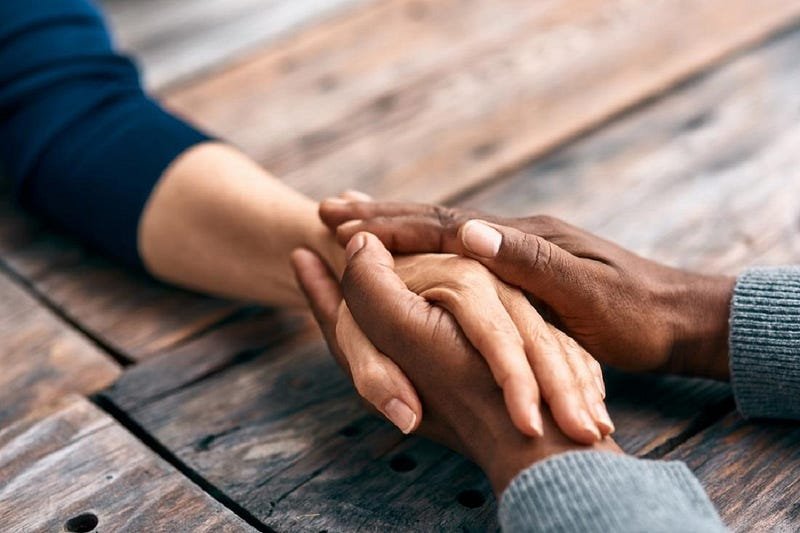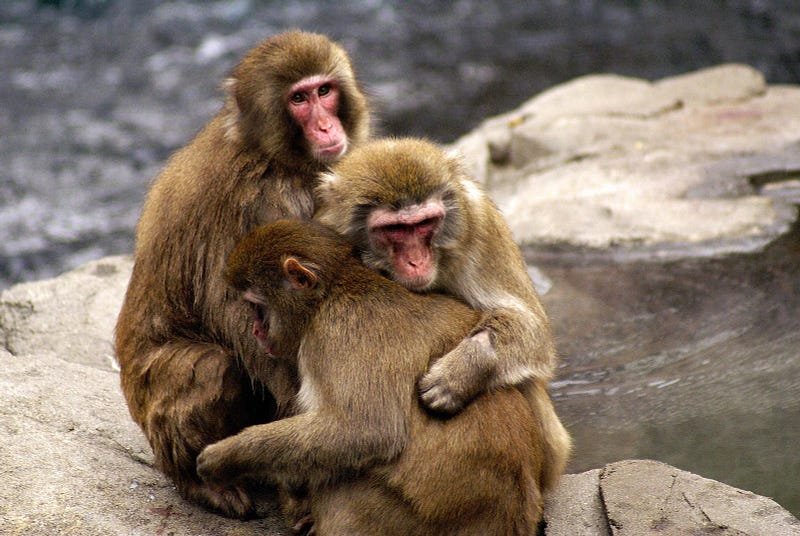The ability to infer the thoughts and feelings of others is called “empathy”

To a greater or lesser extent, we all possess the ability to be aware, understand, recognize, and appreciate the feelings of others.
The same ability generates a sense of sympathy, understanding and tenderness.
The skill itself is called “empathy” and is an essential interpersonal communication skill.
What is empathy?
Empathy is the solid understanding of the person’s problems in front of us. Said in a popular language, “it is to put yourself in the shoes of the other” consequently, empathy is fundamental to understanding in depth the message of other people and thus establish a channel of communication since we can emotionally “interpret” the other.
According to some scientists, empathy becomes something like our social conscience because, through it, you can appreciate the feelings and needs of others, giving rise to emotional warmth, commitment, affection and sensitivity.
The process of empathy
Acting with empathy does not mean agreeing with the other person.
It does not imply setting aside one’s convictions and assuming that of the other as one’s own.
Moreover, you can completely disagree with someone without ceasing to be empathetic and respect their position, accepting their motivations as legitimate.
The fact of observing and recognizing the needs of others, we can readjust our actions, and whenever we proceed with sincere interest, this will have an impact on the benefit of our relationships.
But this is something that we must be attentive to at all times because what works with one person does not necessarily work with another, or moreover, what at one time works with a person may not serve in another with the same.

Mahatma Gandhi said that “three-quarters of the miseries and misunderstandings in the world would end if people put themselves in the shoes of their adversaries and understood their point of view”.
In coherence with this, he decided not to proceed with violence in his purpose to achieve the independence of his country. Against all odds, the “peaceful resistance” he carried out was the decisive weapon in obtaining the long-awaited liberation of his country, India.
By the way, it is not necessary to be like Gandhi to realize that there are subtle weapons that we can use for the benefit of ourselves and others, which are not to destroy but to make profitable relationships flourish for the sake of our growth as human beings.
It is no exaggeration to argue that the foundations of morality must be found in empathy, which is the root of altruism.
Do other living things have empathy?
Undoubtedly, one of the reasons that have led us to deny the evidence that animals also feel empathy is the fear of treating the living beings with whom we live on this planet in the same way.
And it is very disturbing to think that many of the animals to which we inflict harm feel, and even worse, can feel what others feel.
Years ago, in an experiment at a university in France, a macaque separated from others was placed in its cage. The neighbouring group received an electric shock every time the separated macaque ate.

The results showed that the macaque preferred to go without food for several days rather than see the companions suffer.
In similar research with mice, the results were more or less identical. Both species seemed to understand the suffering of others and carried out sacrifices to avoid the pain of the companions.
In animals closer to the human species, such as great apes, acts of empathy are an everyday occurrence. It is common to see how, on many occasions, they adjust their behaviours to the needs of the other.
Lack of empathy
Many of the evils that devastate us come from a lack of empathy.
A part of humanity cannot feel that connection with its fellow human beings because if we all put ourselves in the place of the other before taking any action that affects their lives, we would think twice.

Sum Up
Empathy has become, in recent times, one of the exclusive topics of many disciplines because human beings are born to live in communities and, therefore, to be in continuous contact with other individuals.
The ability to bond with those around us directly influences success in life.
Our survival depends in large part on this unique ability.